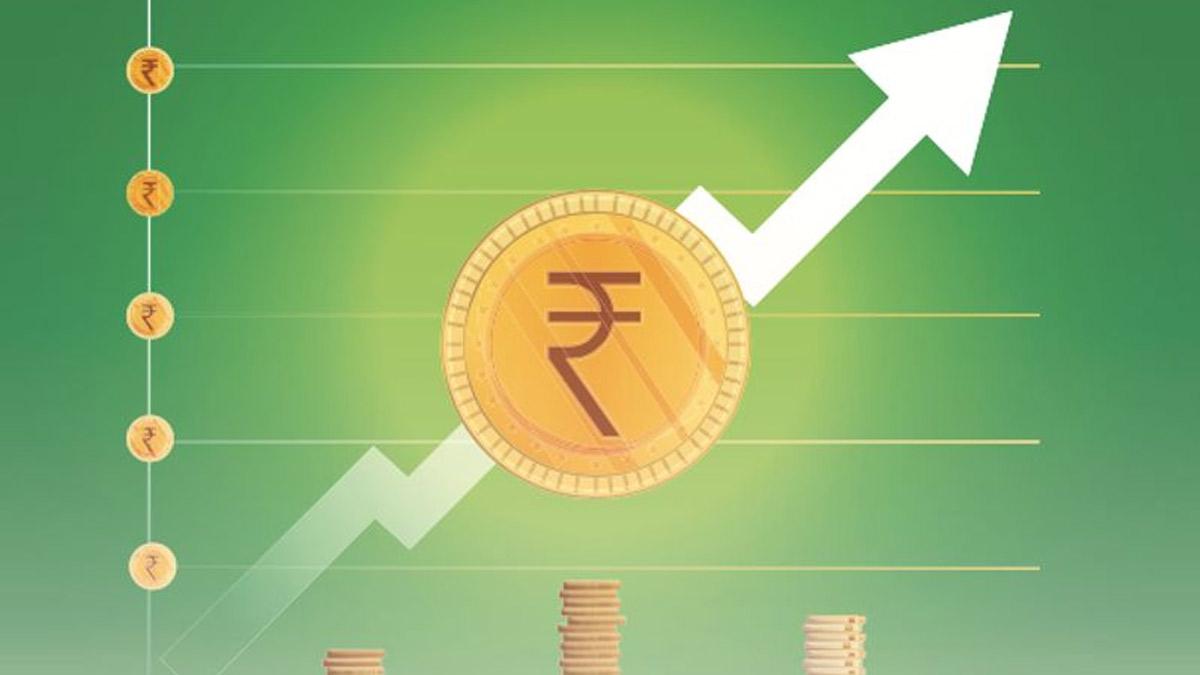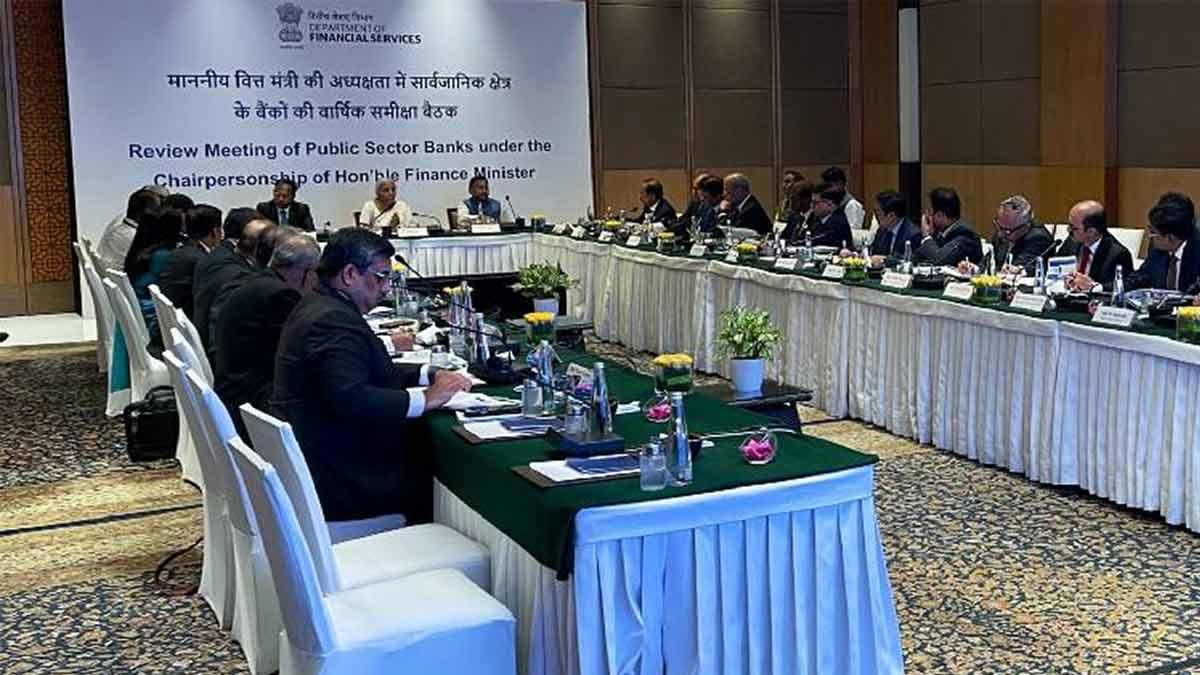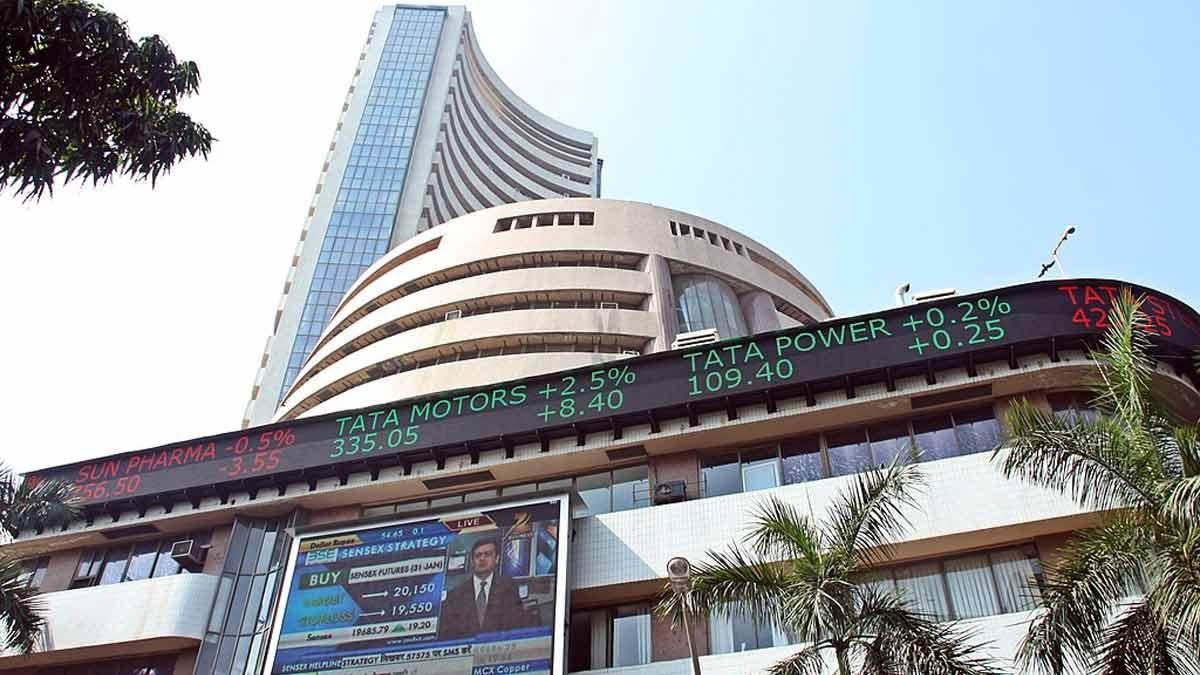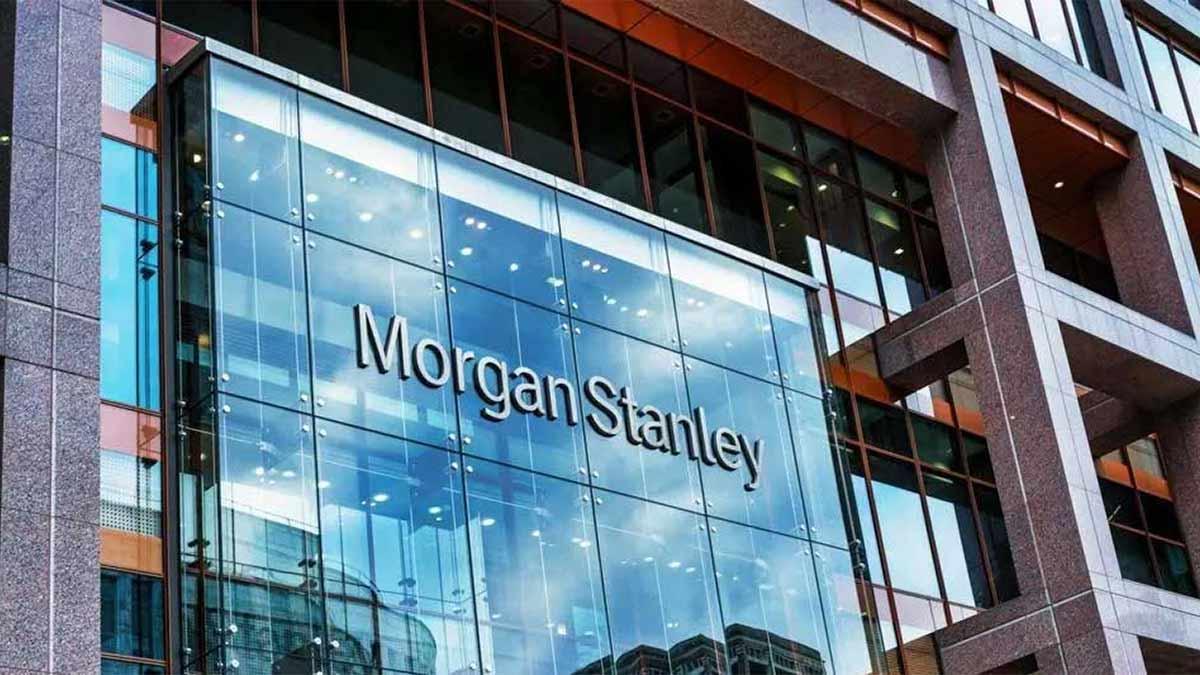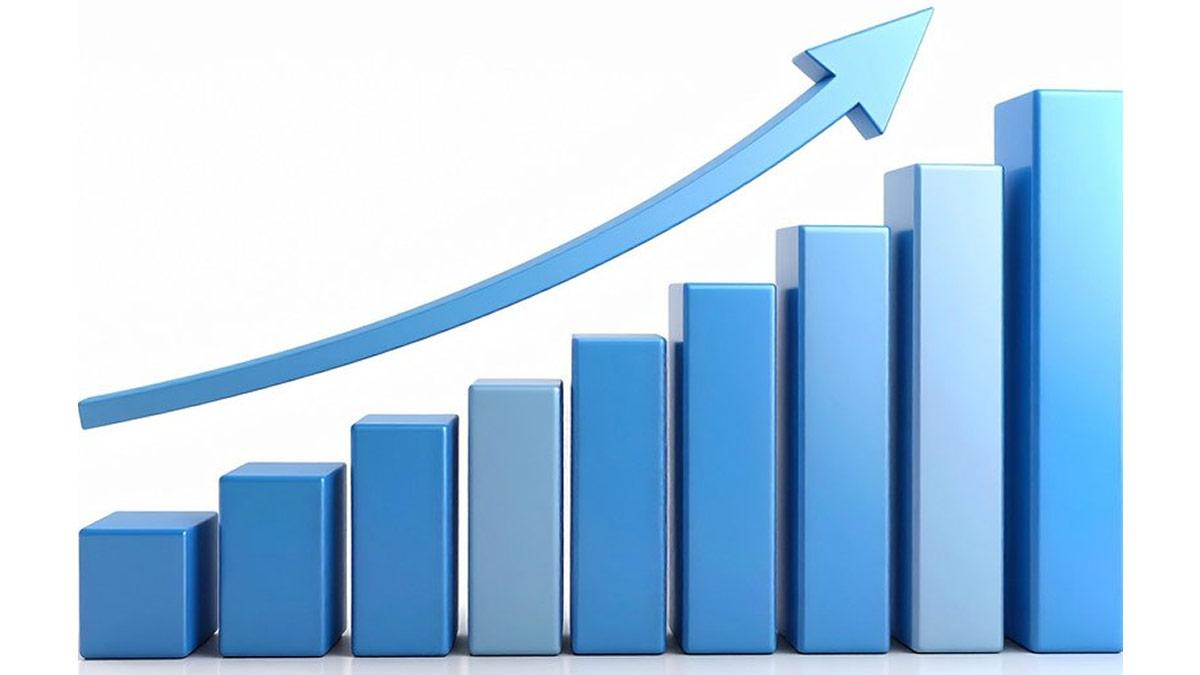India is set to become the world's third-largest economy by fiscal year 2030-31, having gained an annual growth rate of 6.7%, said a report issued Thursday by S&P Global, NYSE:SPGI. The country now reports the highest growth rate among the major economies, having grown at an 8.2% rate in FY24, far more than the previously estimated growth rate by government at 7.3%.
This report focuses on infrastructure development and, therefore, strategic geopolitical effort in which these will be determinant while trying to maximize on larger benefits of trades to the country.
"India's medium-term prospects are bright, and there exist great opportunities on all its plates-be it trade, agriculture, or AI. Structural reforms and energy demand will drive growth," asserted Abhishek Tomar, Head of S&P Global India Leadership Council.
Tomar added that India has a very young and dynamic workforce, which very well positions it to help fuel growth in the country's growth trajectory, and is also Chief Data Officer at S&P Global Market Intelligence.
The report titled "India Forward" strongly emphasized the continuation of reforms to make business processes simpler, improve logistics, and attract private investment. It also pointed out the promises of equity markets as a future source of maintaining competitive edge driven by robust growth expectations and improved regulatory frameworks.
Foreign investments in Indian government bonds have surged sharply since the country's entry into the major emerging market indexes, and this trend will continue.
"India needs to develop infrastructure and geopolitical strategies in order to realise maximum trade benefits, especially with its long coastline. About 90% of India's trade is seaborne, and therefore, port infrastructure must be robust and proper to handle increasing exports and imports in bulk," added the report.
The report also underlines the role of sustainable technologies, such as renewable energy and low-emission fuels, in helping India balance its plans for energy transition with energy security. Advanced technologies and new policies will be major contributors to upgrading agriculture infrastructure and productivity.
"The focus should be on key infrastructural issues pertaining to irrigation, storage, and supply distribution to ensure food security and economic stability," added the report.
The use of AI may offer another platform toward sustainable economic growth, with prospects for widespread public-private collaborations like those that have made Indian digital infrastructure a success.
Prime Minister Narendra Modi said earlier this week that India is becoming an increasingly important player in the global supply chain, and that this rising capacity is a base for its economic development. PM Modi said, above 140 crore people are committed to realizing the vision of turning India into the world's third-largest economy.
Read also| Tax Refunds Exceed Rs 2 Lakh Crore in FY25
Read also| Sensex and Nifty Remain Flat Amidst Mixed Global Cues

